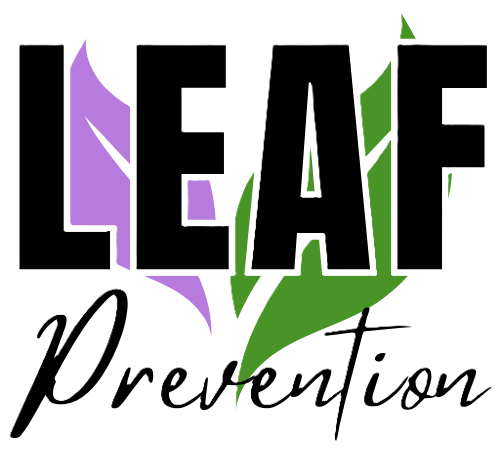

Blog Posts
There is compelling evidence that no or low-risk consumption of alcohol can reduce the risk of illnesses such as cancer or high blood pressure and improve your sleep and mental health. Women, in particular, are vulnerable to specific health risks, including breast cancer.
Have you tried to reduce your alcohol intake but found sticking to your goal a real challenge? Perhaps you have decided to drink less but don't know where to start. Reducing or quitting drinking alcohol is not always easy.
There is compelling evidence that no or low-risk consumption of alcohol can reduce the risk of illnesses such as cancer or high blood pressure and improve your sleep and mental health. Women, in particular, are vulnerable to specific health risks, including breast cancer.
Have you tried to reduce your alcohol intake but found sticking to your goal a real challenge? Perhaps you have decided to drink less but don't know where to start. Reducing or quitting drinking alcohol is not always easy. Here are some common barriers to stopping drinking alcohol:
It’s easy to say you're going to reduce your drinking, but most people need a plan to help them meet their goals. Here are some ideas to support your healthy lifestyle changes.
Remind Yourself of What Motivates You to Drink Less
Why do you want to drink less? You may want to sleep better, be healthier, or reduce calorie intake. Whatever your reasons, keep them at the forefront of your mind and remember the trade-off between a short-term alcohol buzz and your long-term goals.
Find Different Ways to Reduce Stress
Research shows that exercise is a great stress reliever. Could you go for a walk at the end of the day instead of having a drink? Maybe try hobbies such as playing a musical instrument or completing puzzles.
Plan for Social Situations Where You Normally Drink Alcohol
Centers for Disease Control and Prevention "Physical Activity Basics." www.cdc.gov/physicalactivity/basics/index.htm
Get Busy with Activities that Don't Include Alcohol
Connect with nature by heading into the great outdoors or nurturing some plants. Spending just 20 minutes connecting with nature can help lower stress hormone levels. Instead of heading to a bar with friends, why not catch a movie or a play? Learn something in a class or revisit an old hobby or sport. Nowadays, if the local college doesn't offer something, you can probably find an online option.
Create New Habits
Look After Your Emotional Wellbeing
Give Yourself Grace
Reducing alcohol consumption requires a combination of self-awareness, determination, planning, support, and sometimes professional assistance to overcome the various barriers to success. As the bestselling author of Atomic Habits, James Clear, says, "Success is the product of daily habits—not once-in-a-lifetime transformations." Don't be discouraged if you can't change your habits overnight. Figure out what went wrong and revise your plan.
This blog is based on ideas in the CDC online tool "Check Your Drinking," [https://www.cdc.gov/alcohol/CheckYourDrinking/index.html] which helps you plan to drink less. Why not check it out?
Harvard Health Publishing "A 20-minute nature break relieves stress." http://www.health.harvard.edu/mind-and-mood/a-20-minute-nature-break-relieves-stress